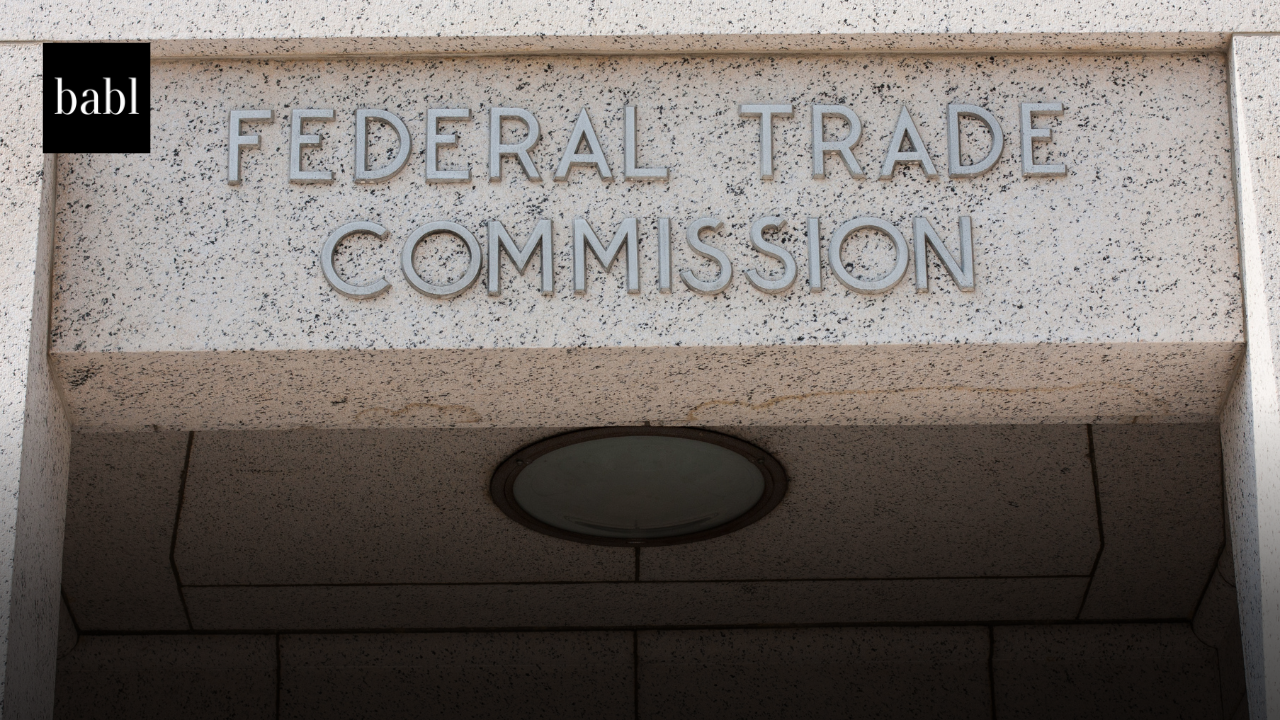UPDATE — AUGUST 2025: The Federal Trade Commission’s landmark rule banning fake reviews and deceptive testimonials took effect on October 21, 2024, and enforcement is already underway. In 2025, the FTC has filed a lawsuit against a Florida-based supplement company accused of running an AI-generated fake review network, secured a $2 million settlement with a mobile app developer that rewarded users for positive ratings, and shut down a marketing firm that sold bundled review services across platforms. With civil penalties of up to $51,744 per violation, the rule marks a major shift in consumer protection, signaling that both businesses and intermediaries face steep consequences for manipulative review practices.
ORIGINAL NEWS STORY:
FTC Implements New Rule to Combat Fake Reviews and Deceptive Testimonials in Marketplace
The Federal Trade Commission (FTC) has finalized a rule to crack down on fake reviews and misleading testimonials in the marketplace. Taking effect October 21, 2024, the regulation empowers the FTC to impose civil penalties on businesses that knowingly sell or purchase deceptive reviews—including those created with artificial intelligence (AI).
Protecting Consumers and Honest Businesses
FTC Chair Lina M. Khan underscored the importance of the rule, stating that fake reviews not only deceive consumers but also put honest businesses at a disadvantage. She highlighted that by enhancing the FTC’s ability to combat deceptive advertising, this final rule will protect consumers from being misled, send a strong message to businesses that engage in unlawful practices, and ensure that markets remain fair, honest, and competitive.
The rule, finalized after a period of public consultation and an informal hearing, addresses a range of deceptive practices that have become increasingly common in the digital age. It targets the widespread problem of fake or false consumer reviews and testimonials, which are often used to mislead consumers into believing they are reading genuine feedback from actual users. The rule also prohibits businesses from offering incentives in exchange for positive or negative reviews, a practice that can skew public perception of a product or service.
Additionally, the rule places restrictions on insider reviews, where employees or their relatives write reviews without disclosing their connection to the business. This lack of transparency can create a false impression of a product’s popularity or effectiveness. The rule also addresses the issue of company-controlled review websites, where businesses misrepresent their own platforms as independent sources of consumer opinions.
Another critical aspect of the rule is its prohibition against review suppression. Businesses can no longer use legal threats or other forms of intimidation to prevent or remove negative reviews, nor can they mislead consumers by suggesting that the reviews on their website represent all submitted feedback when negative reviews have been suppressed.
Combating Fake Social Media Metrics
The rule also extends to fake social media indicators, such as purchased followers, likes, or views. These manipulative tactics artificially boost a brand’s popularity and influence, misleading consumers into thinking a product is more trusted than it truly is.
Strengthening Enforcement and Accountability
The FTC adopted this rule to fill enforcement gaps left by the Supreme Court’s decision in AMG Capital Management LLC v. FTC, which limited the agency’s ability to recover monetary relief under the FTC Act. With the new authority, the FTC can now seek civil penalties of up to $51,744 per violation, creating a powerful deterrent for deceptive marketing practices.
Supporting Businesses During the Transition
The FTC plans to work with companies and industry groups to help them comply. Educational materials, compliance guidance, and outreach initiatives will accompany enforcement actions to ensure businesses understand their obligations. According to the Commission, this cooperative approach aims to foster a marketplace where consumers can make informed choices and honest competitors can thrive. Ultimately, the rule represents a major shift in consumer protection, reinforcing the FTC’s mission to uphold fairness, accuracy, and transparency across digital commerce.
Need Help?
If you’re curious how this or other global regulations might affect your organization, contact BABL AI. One of their audit experts will gladly provide assistance.





